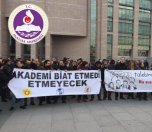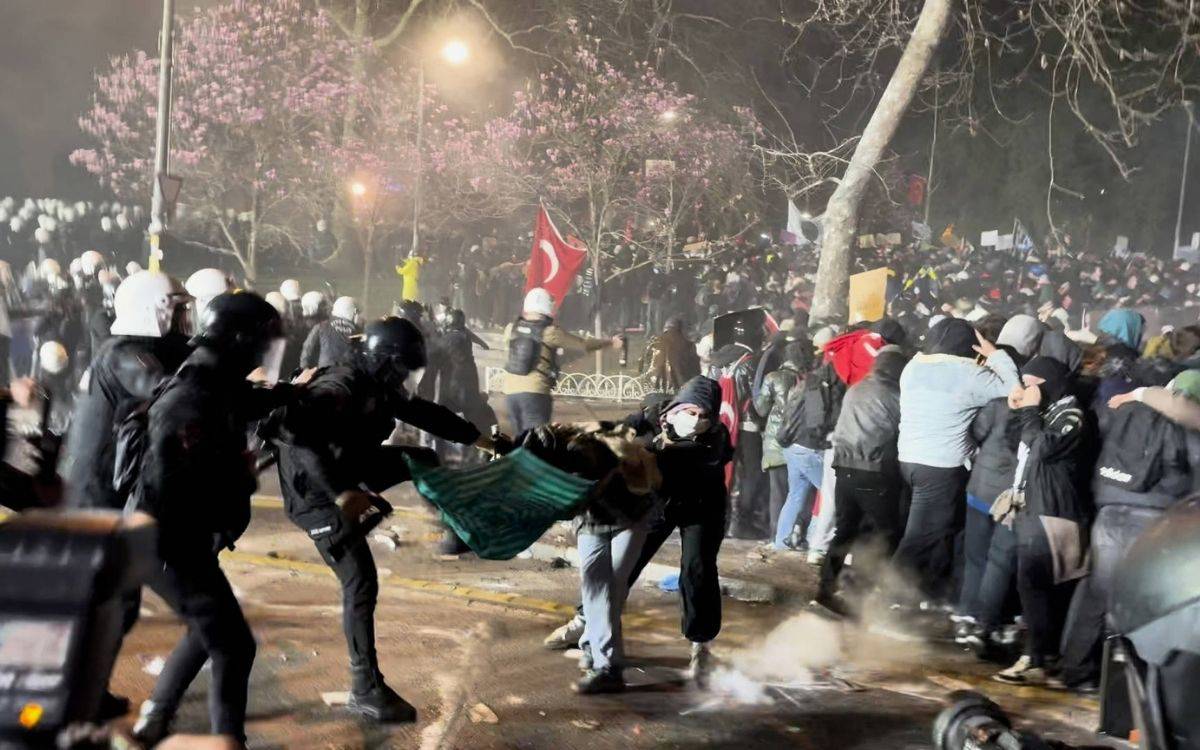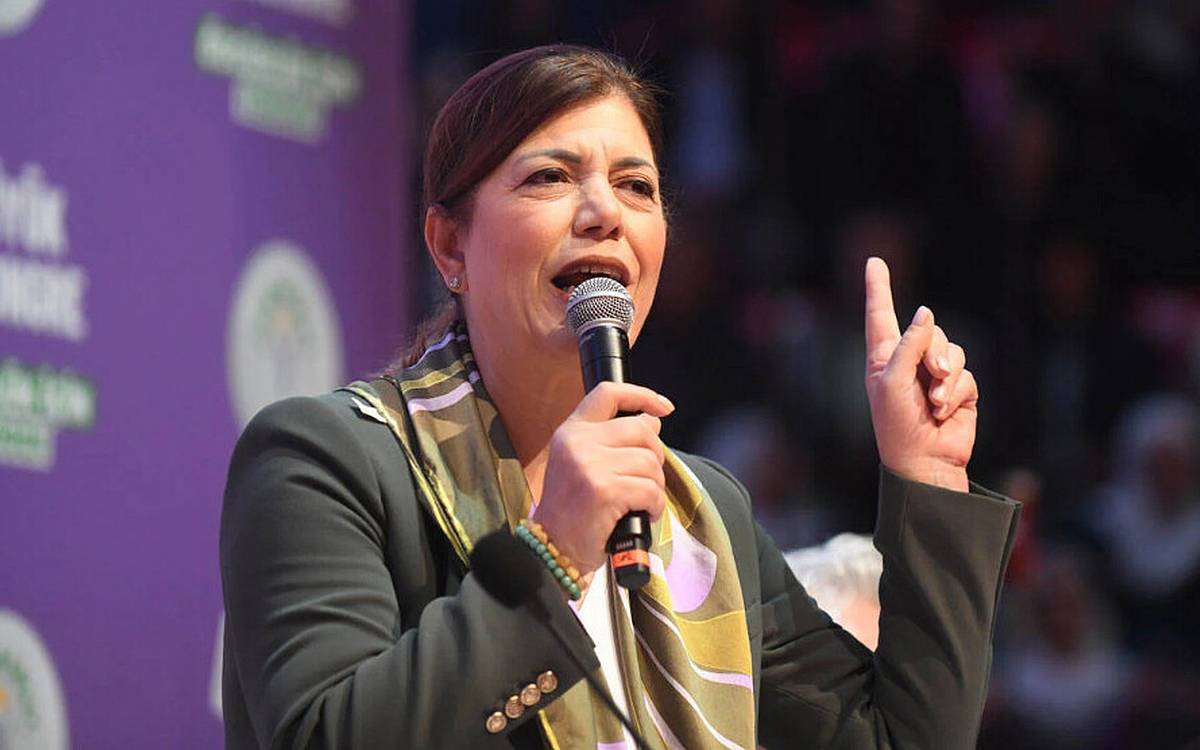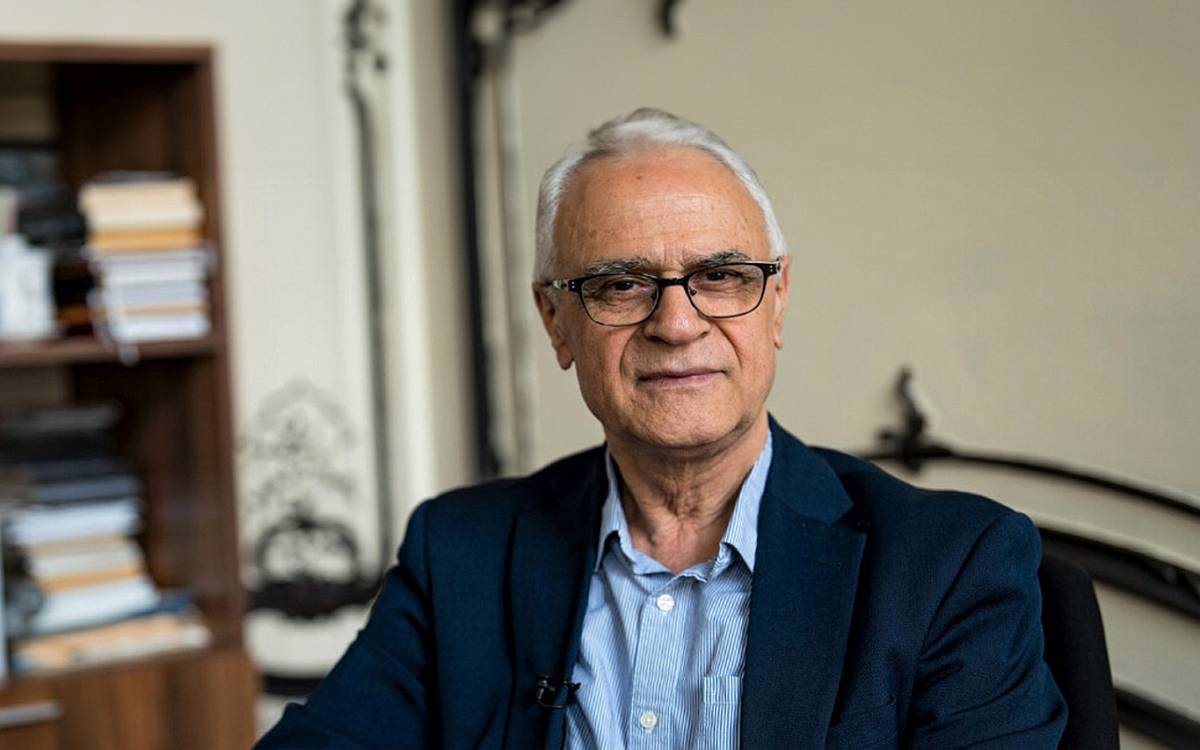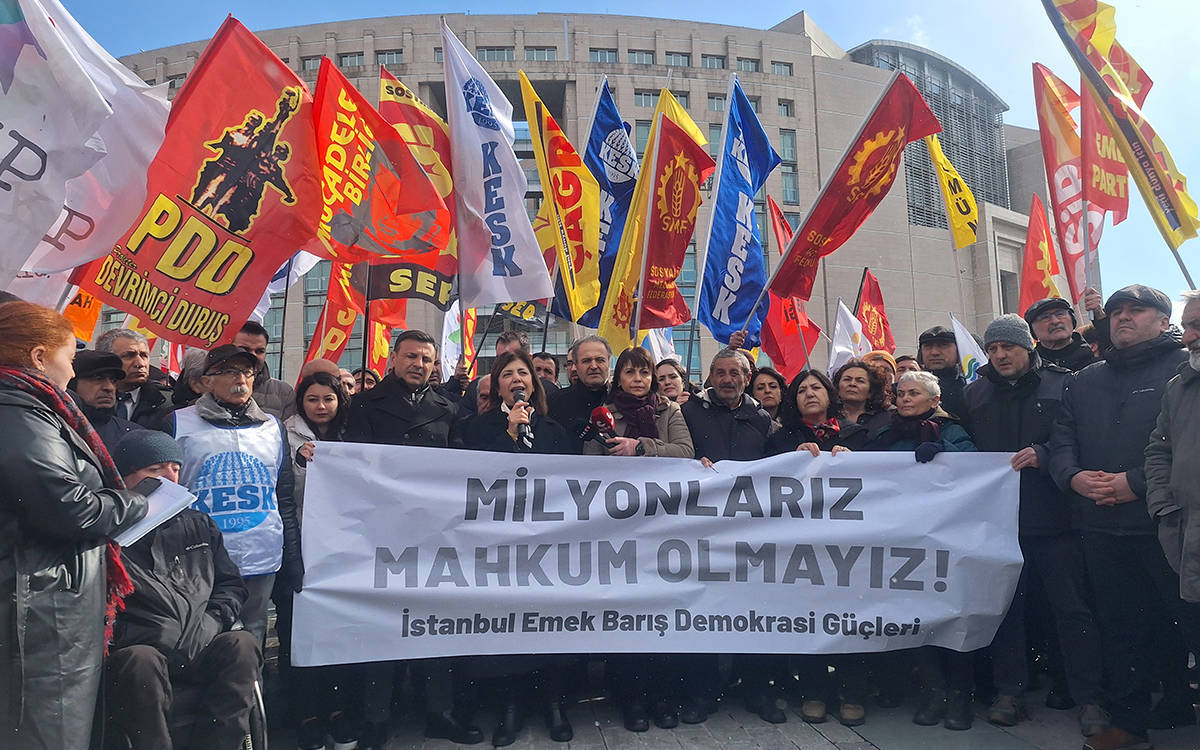Click to read the article in Turkish
Announcing its ruling on 10 Academics for Peace sentenced to prison for having signed the declaration "We will not be a party to this crime", the Constitutional Court has ruled that their freedom of expression has been violated by their penalization for "terror propaganda."
CLICK - Constitutional Court: Freedom of Expression of Academics for Peace Violated
In response to this verdict, some universities have prepared joint declarations and opened them to signature of academics at their universities, denouncing the Constitutional Court ruling.
CLICK - Academics Denounce Constitutional Court Verdict on Academics for Peace
In counter-declarations reportedly sent to the academic personnel of the Ağrı İbrahim Çeçen University, İstanbul Aydın University, Altınbaş University and Medeniyet University, the verdict of Constitutional Court has been criticized.
The declarations have indicated, "We believe that the ruling of Constitutional Court, which is authorized to give verdicts on behalf of Turkish nation, must not contradict with justice and public conscience and condemn the ones who have their signatures under this false verdict."
The Presidency of İstanbul University has also published a separate statement on its website and criticized the peace declaration.
We have talked to legists about these declarations:
'Verdicts are binding for natural and legal persons'
Main opposition Republican People's Party (CHP) İstanbul MP İbrahim Kaboğlu has referred to the related articles of the Constitution both in speaking to bianet and on his Twitter account.
Prof. Dr. Kaboğlu has stated the following about the issue:
"The Article 138 of the Constitution says that 'everyone has to respect the Constitutional Court ruling.' The verdicts of the Constitutional Court are binding for the legislative, executive and judicial organs, administrative authorities, natural and legal persons. (Article 153/last) The university presidents who launch a counter-campaign against the Constitutional Court ruling are committing the offense of violating the Constitution."
Article 138 of the Constitution(...) Legislative and executive organs and the administration shall comply with court decisions; these organs and the administration shall neither alter them in any respect, nor delay their execution. Article 153 of the Constitution(...) Decisions of the Constitutional Court shall be published immediately in the Official Gazette, and shall be binding on the legislative, executive, and judicial organs, on the administrative authorities, and on persons and corporate bodies. Click here to read the articles in full |
'I find the petition funny'
Assoc. Prof. Olgun Akbulut from Kadir Has University has referred to the declarations of universities in following words: "I find this petition funny. Does the Presidency of a university take action against a Constitutional Court verdict? I cannot make any sense of it. I leave them to their own."
'I find the verdict positive'
Bertan Tokuzlu, a faculty member from İstanbul Bilgi University:
"Constitutional Court verdicts are not closed to criticisms, they can be criticized. They can express their criticisms, but they need to do it by justifying it through constitutional law and within academic criticism.
"If they think that the verdict of the Constitutional Court should be opened to debate, they can hold a lecture. The ones who want to comment can discuss the effects of the verdict in an objective manner.
"As an academic and a legist specialized in Constitution, I find the verdict of the Constitutional Court positive. I think that the statements of academics should not be penalized."
'Will they sign it with their own free will?'
Faculty member Prof. Dr. Bahadır Erdem from İstanbul University:
"The Constitutional Court has already given its verdict. Other courts have to implement the verdict given by the Constitutional Court.
"It makes sense when such civil initiatives come together and express their opinion with their own free will? It is the most fundamental human right that civil initiatives come together and express opinions. The Constitutional Court has also given its ruling in this direction.
"However, there is a question mark whether academics will sign the statements sent to them by presidencies with their own free will or not." (RT/SD)





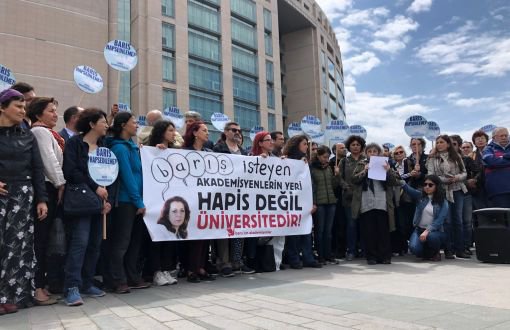
aaa.jpg)
